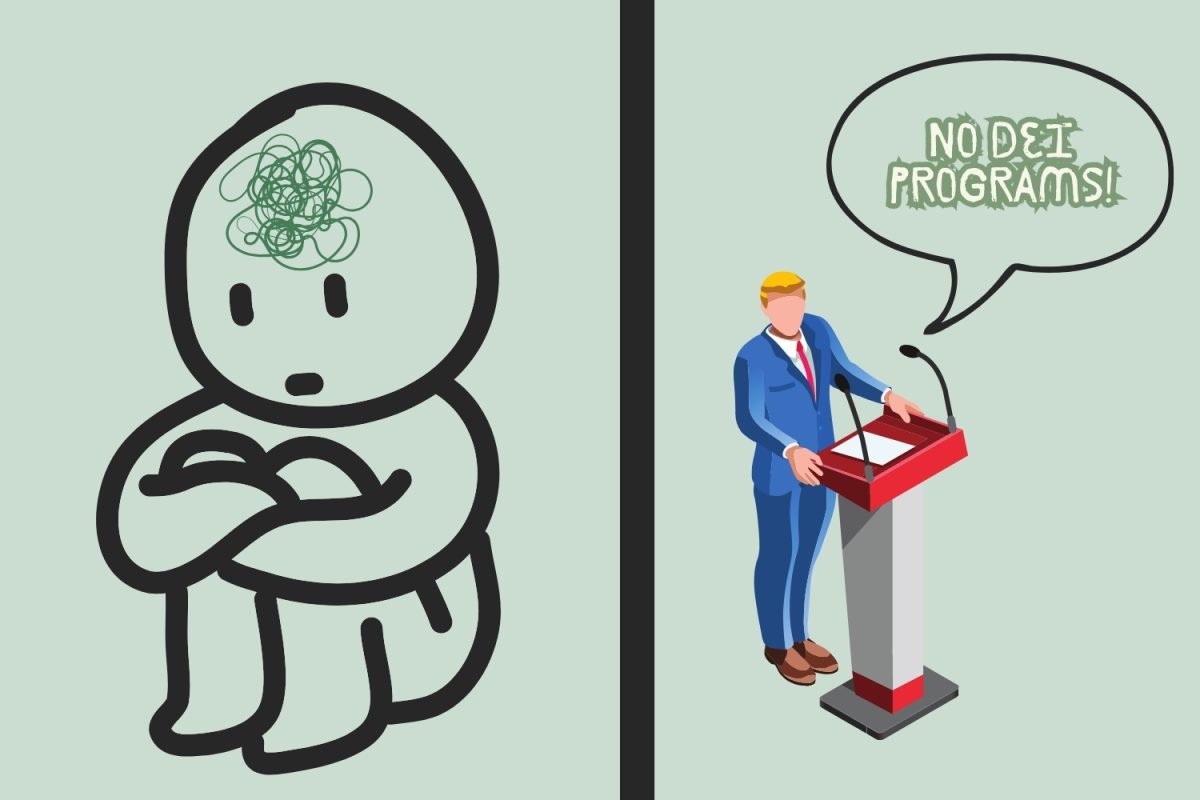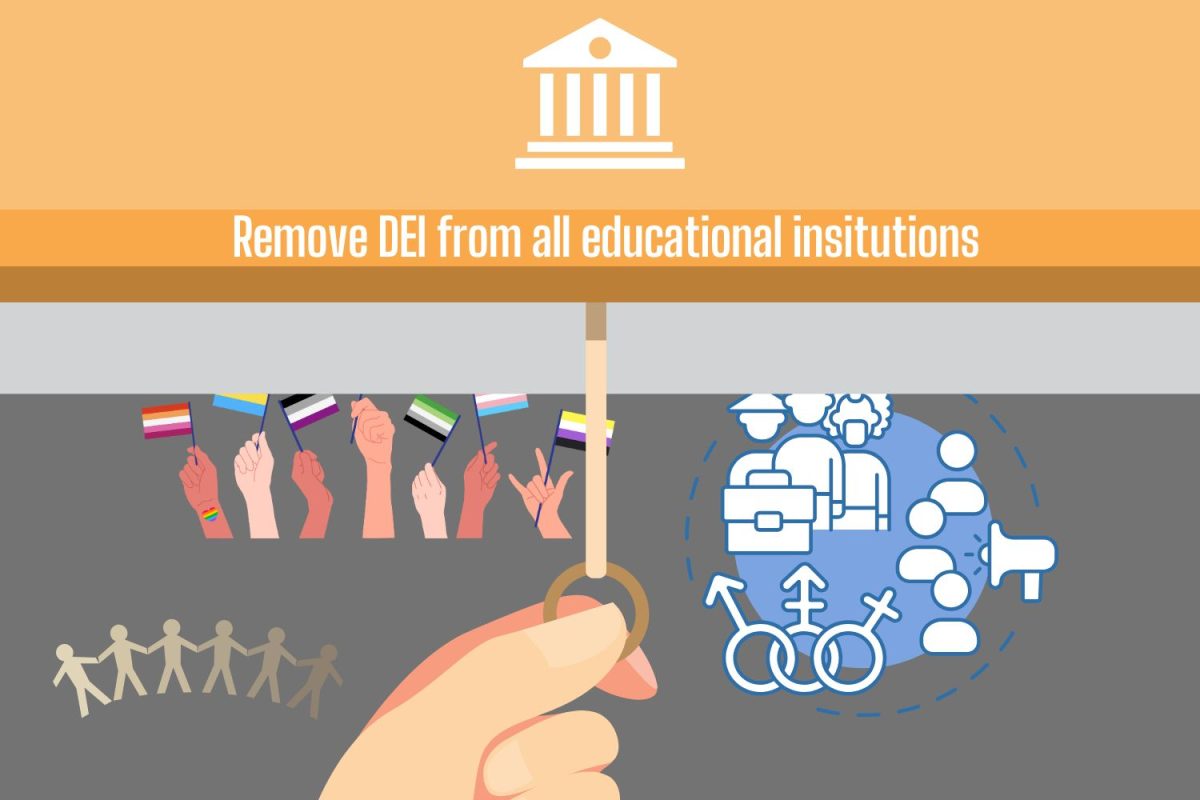A state law passed last year which will cause assessment tests to no longer be the sole means of placing students into math and English classes could reduce the amount of students placed into inappropriate courses for their skill level.
The Channels Editorial Board supports this change in our placement policy because it will positively affect the large majority of students, but there are a few exceptions where the system will not work which needs to be addressed.
The new measures for placing students into these core classes have not been finalized yet but high school completion has emerged as a major factor in placing most students with some possible exceptions. If a student lacks a transcript they would “self report” on which courses they completed in high school and which class they would like to take.
It is not uncommon for someone who is intelligent and dedicated at school to not be as strong when it comes to tests, particularly standardized. This sometimes leads to these students being placed into costly courses which are purely review for them or are not transferable classes.
These students are placed into low courses and may spend a year or two paying for classes which they should not necessarily take based on their skill level.
While this policy overall has a positive effect there are exceptions and special circumstances which would need to be addressed in which high school completion would not be an accurate judge of where a student should be placed.
Because of differences in educational resources and funds for high schools based on school and district some students may have not had been provided the same high school education as others who may have gone to a private school or highly funded public school.
This same issue could arise if someone finished high school through the GED or the CHSPE (California High School Proficiency Exam) for state locals.
Students who have been out of high school for a significant amount of time may need to review some material or at least take some sort of assessment test to see how much information they have retained over time.
English as a second language students may also need a more complex measuring system than high school completion because students may be placed ahead of the level which is appropriate for them.
A teacher may sometimes feel that they have to go slower than they or some of the fast paced students prefer ir order to not leave behind slower students in that subject, the new law around placement measures could help this issue or make it much worse depending on how it is implemented.
For students who must self report and possibly for others this new process would put more responsibility on them to determine which classes they are well suited.
This worries some people that many of our students are 18 or 19 year old and may not be as skilled as assessing their abilities and honestly reporting them.
Counseling offered or required for the exceptions could help reduce students being placed into classes which are too hard for them.
As long as City College and other school changing their placement policies address and make plans for the exceptions where more than a high school transcript is needed to assess where a student would perform best, this change could reduce stress coming to college for many students.














